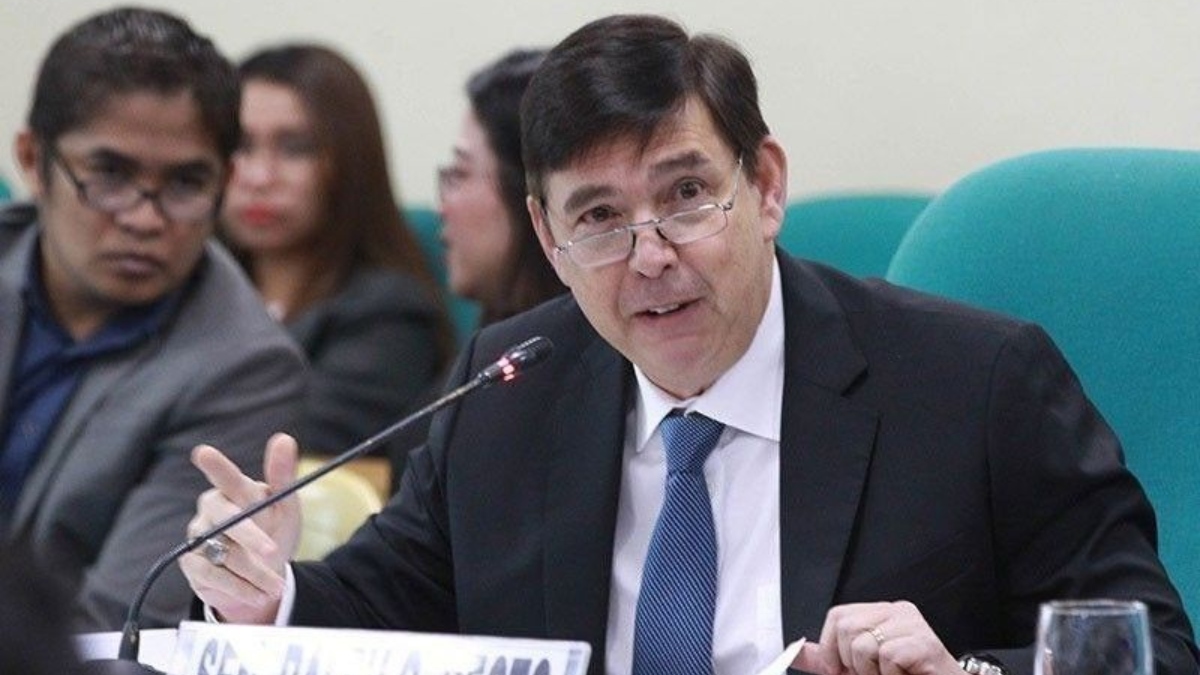Finance Secretary Ralph Recto expressed his support for expanding insurance coverage to overseas Filipino workers (OFWs). This move could potentially lead to a reconsideration of existing regulations, which currently restrict the purchase of insurance policies by OFWs while they are working abroad.
Recto emphasized the importance of strengthening the insurance sector and enhancing social protection in the Philippines. He also called on the IC to promote financial literacy among Filipinos, particularly focusing on the broad range of insurance products available in the local market and extending this knowledge to overseas Filipinos.
While Recto did not delve into specifics, his statements suggest a possible review of the current restrictions on selling insurance products to OFWs who are physically present in the country during the purchase process.
The IC is already in the process of reviewing these regulations, and they have garnered support from various insurance companies. Presently, OFWs must be physically present in the Philippines to buy life protection products from domestic insurance companies.
Approximately two million OFWs are working abroad, contributing significantly to the country’s economy with $135 billion in remittances, roughly 10 percent of the overall GDP. Despite their crucial role, a substantial portion of OFWs lack social protection, as highlighted during the COVID-19 pandemic.
Insurance companies have previously argued that including OFWs in the insurance market could substantially improve insurance penetration, which currently stands at less than two percent of the gross domestic product (GDP).
Secretary Recto also urged the IC to enhance the implementation of the Financial Products and Services Consumer Protection Act, which would empower Filipinos by instilling confidence in accessing financial products and services in a secure environment.
Furthermore, he called for collaboration between the IC and educational institutions to promote financial education among students. Recto believes that cultivating a financially literate population is essential for the development of a robust capital market and a globally competitive Philippine economy.
He stressed the importance of the IC’s continuous efforts to establish regulatory measures and enforcement mechanisms to ensure the financial stability of regulated entities and protect consumers.






